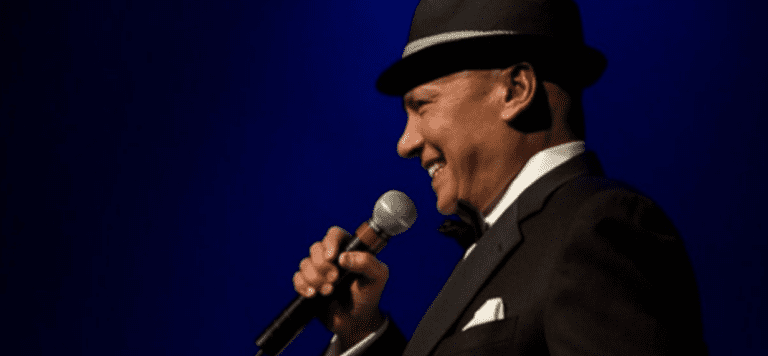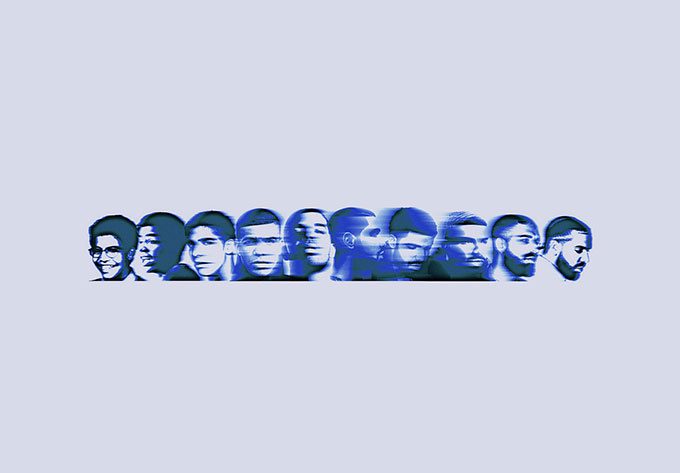Seckou Keita et Zal Sissokho incarnent toutes les valeurs que porte leur majestueux instrument et gardent bien vivantes les traditions et la riche culture d’Afrique de l’ouest. Beau, émouvant et lumineux.
Seckou Keita est un “virtuose de la kora, qu’il aime faire vibrer dans des conversations musicales audacieuses” (RFI Musique, 2017). Il a collaboré avec le jazzman cubain Omar Sosa (on les a d’ailleurs vus à Montréal début mai) et avec la harpiste galloise Catrin Finch. Une de ses compositions a été samplée par la megastar Robbie Williams. Ce printemps, il sort African Rhapsodies, où se rencontrent la musique traditionnelle ouest-africaine et la musique symphonique. Surnommé “le Hendrix de la kora”, ce musicien de Ziguinchor, qui vit au Royaume-Uni, a ajouté une 22è corde à son instrument (celle dont la légende dit qu’elle aurait été enlevée par le premier griot à l’époque de Soundjata Keita) afin de couvrir un plus grand nombre d’octaves.
Si le Montréalais Zal Sissokho est un griot, ce qui n’est pas le cas Seckou Keita, bien que sa mère soit de la même lignée que Zal, la démarche des deux artistes se ressemble, mue par le même souci d’exploration et de rencontres respectueuses entre les cultures. Boursier du Conseil des arts du Canada et du Conseil des arts et des lettres du Québec, Zal Sissokho est notamment connu pour ses projets sortant des sentiers battus comme Kora Flamenca ou Famalé, aux intonations brésiliennes.
Seckou Keita and Zal Sissokho personify all the values that the majestic kora embodies and keep the rich West African cultural traditions alive. Soothing, entrancing and beautiful.
Seckou Keita is a “virtuoso of the kora, which he loves to make resonate in audacious musical conversations” (RFI Musique, 2017). He has collaborated with the likes of Cuban jazzman Omar Sosa (with whom he played in Montreal, in early May) and Welsh harpist Catrin Finch. One of his compositions was also sampled by megastar Robbie Williams. This spring will see the release of African Rhapsodies, in which Keita combines traditional West African music with orchestral music. Originally from Ziguinchor in Senegal and now living in Britain, Seckou Keita has been dubbed the “Hendrix of the Kora.” To be able to cover more octaves, he added an extra string to his kora, which, as legend would have it, was taken from the first griot in the time of Soundjata Keita.
While Montrealer Zal Sissokho is a griot, that’s not the case for Seckou Keita, even though his mother and Zal both descend from the same linage. Nevertheless, the two artists share a similar approach and are driven by the same desire for the respectful exploration and meeting of cultures. Zal Sissokho, who has received grants from the Canada Council for the Arts and Conseil des arts et des lettres du Québec, is recognized for his musical projects that stray from the beaten path, like Kora Flamenca or Famalé, complete with Brazilian inflections.
POUR ACHETER VOTRE BILLET, C’EST ICI!
Ce contenu provient des Productions Nuits d’Afrique et est adapté par PAN M 360.

